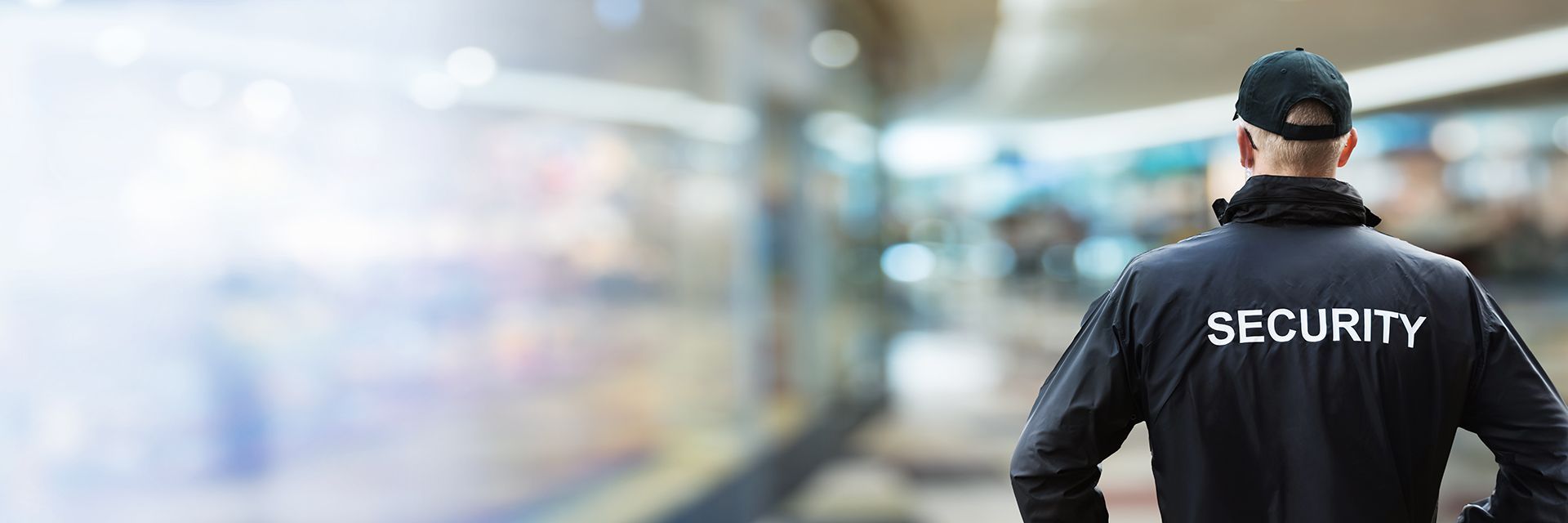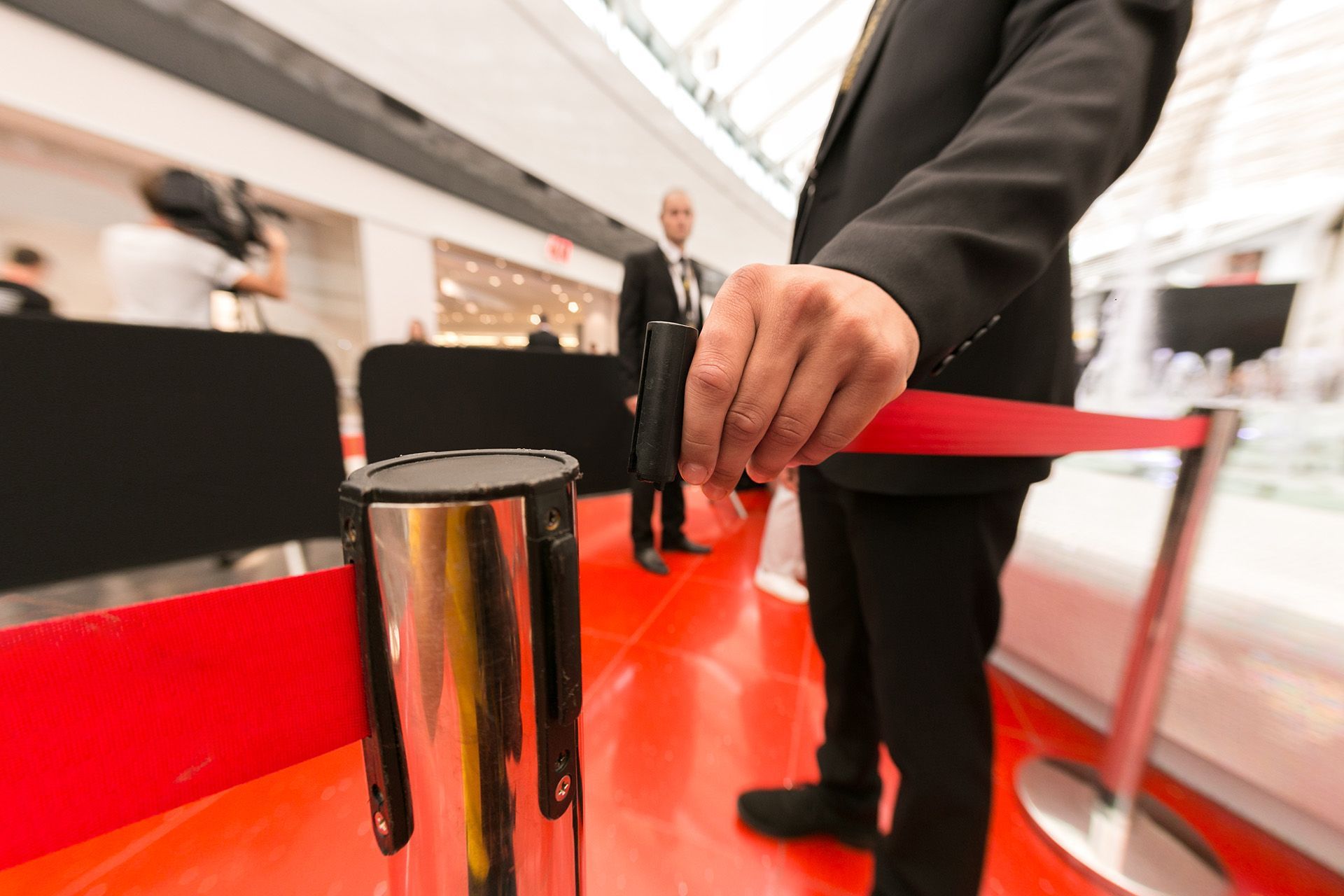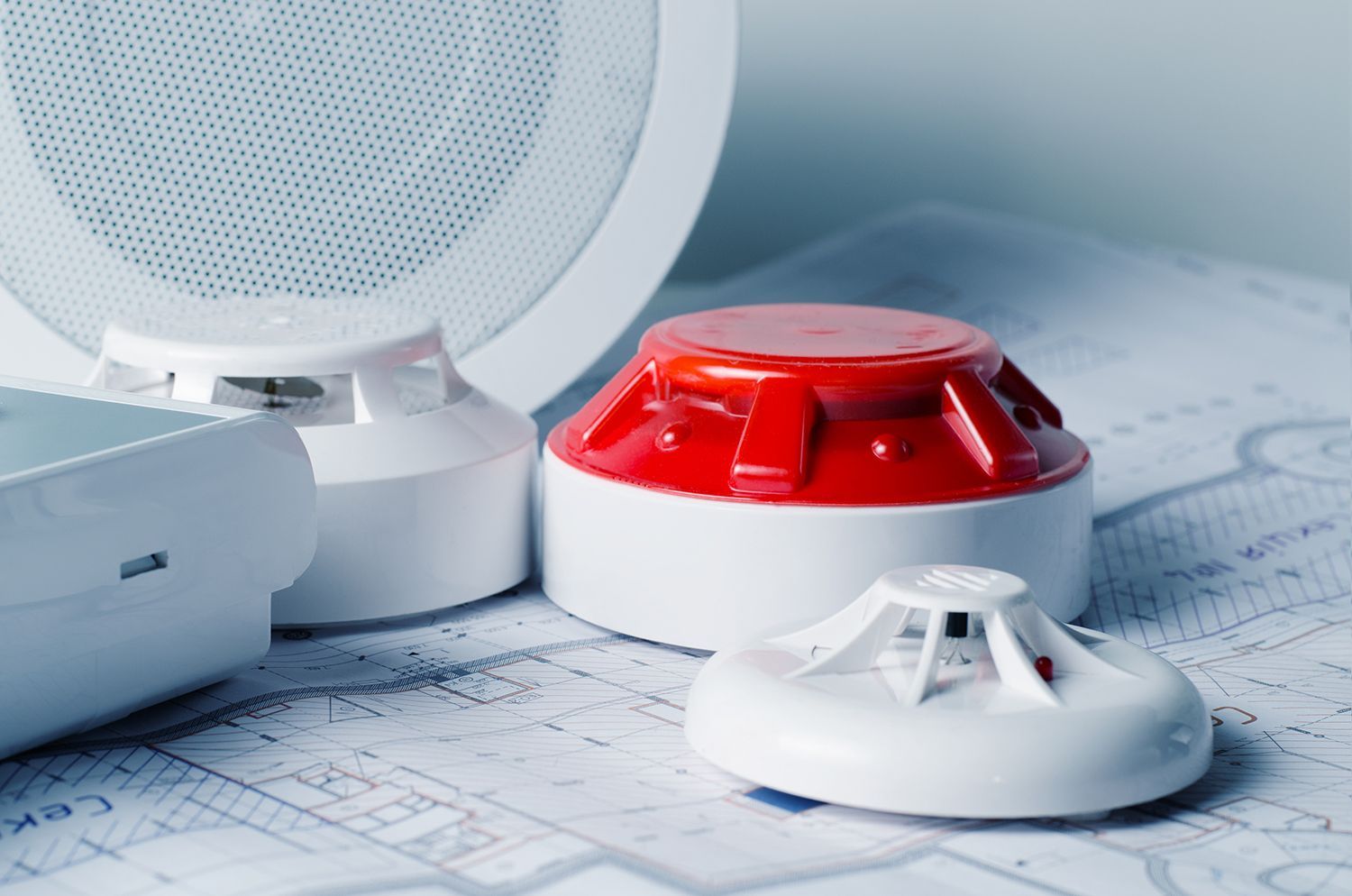Safety, Vigilance, and Professionalism in Modern Security

Static security guards play a crucial role in safeguarding properties and assets. In this 750-word article, we will delve into the world of static security guards, their responsibilities, training, and the vital contributions they make to maintaining safety and security.
Defining the Static Security Guard
Static security guards, often referred to as stationary guards or site security guards, are professionals tasked with protecting a specific location or property. They are primarily responsible for maintaining a visible and secure presence, deterring unauthorized access, and responding to incidents as they arise.
The Responsibilities of Static Security Guards
Static security guards are entrusted with a range of responsibilities that contribute to the overall safety and security of the premises they protect:
1. Access Control
One of their primary roles is to control access to the premises. Static security guards verify the identity of individuals seeking entry, ensuring that only authorized personnel or visitors are granted access.
2. Surveillance
Static guards are responsible for monitoring the premises through regular patrols and surveillance systems. They identify and report any suspicious activities, potential hazards, or security breaches.
3. Emergency Response
In the event of emergencies, such as fires, medical incidents, or security breaches, static security guards are trained to respond promptly. They initiate necessary actions, including alerting emergency services and guiding evacuations.
4. Alarm Systems Management
Static guards are often responsible for monitoring alarm systems, ensuring that they are functioning correctly. They respond to alarm activations, investigate the cause, and take appropriate action.
5. Incident Reporting
Detailed incident reports are a critical aspect of a static security guard's duties. They document any security-related incidents, accidents, or breaches, providing valuable information for investigations and preventive measures.
6. Customer Service
Static security guards often serve as the first point of contact for visitors and employees. They provide assistance, directions, and information while maintaining a professional and courteous demeanor.
Training and Qualifications
To excel in their roles, static security guards undergo comprehensive training and must meet certain qualifications:
1. Security Training
Static security guards receive training in various security protocols, including access control, surveillance, and emergency response. They learn to identify potential security risks and take appropriate measures to mitigate them.
2. First Aid and CPR Certification
Many security guards are required to obtain first aid and CPR certification to provide immediate assistance in medical emergencies.
3. Legal and Ethical Training
Static guards are trained to operate within the bounds of the law and adhere to ethical standards. They understand the legal implications of their actions and prioritize the rights and privacy of individuals.
4. Communication Skills
Effective communication is vital for static security guards. They must be able to communicate clearly and confidently with visitors, employees, and emergency services.
5. Conflict Resolution
Static guards receive training in conflict resolution techniques to de-escalate tense situations and maintain a peaceful environment.
The Benefits of Static Security Guards
The presence of static security guards offers several significant benefits:
1. Deterrence
A visible security presence serves as a powerful deterrent to potential criminals and intruders. Knowing that a property is guarded often dissuades unauthorized access.
2. Rapid Response
Static security guards are on-site and ready to respond quickly to security breaches or emergencies. Their immediate presence can prevent or minimize damage and harm.
3. Peace of Mind
Property owners and occupants gain peace of mind knowing that trained professionals are actively monitoring and protecting their premises.
4. Incident Resolution
Static guards are trained to handle a wide range of incidents, from minor disturbances to critical emergencies. Their expertise ensures incidents are resolved effectively.
5. Customized Security
Static security services can be tailored to the specific needs of a property. Guards can adapt their duties and protocols to address unique security concerns.
Conclusion
Static security guards are the unwavering guardians of properties, assets, and people. Their responsibilities encompass access control, surveillance, emergency response, and incident reporting. With comprehensive training and qualifications, they are well-equipped to maintain safety and security in various environments.
The benefits of static security guards extend beyond deterrence and rapid response. They provide peace of mind to property owners and occupants, ensuring that their premises are protected 24/7. In an ever-changing security landscape, static security guards remain steadfast in their commitment to safeguarding what matters most.










